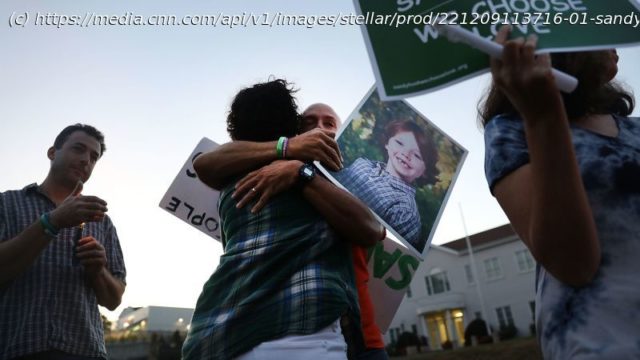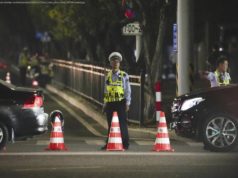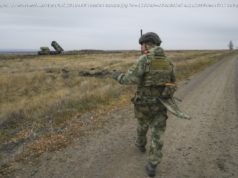They were living ordinary and full lives in the small New England town of Newtown, Connecticut, unprepared for the devastation that would unfold and occupy the rest of their days.
They were living ordinary and full lives in the small New England town of Newtown, Connecticut, unprepared for the devastation that would unfold and occupy the rest of their days.
Mark Barden was a professional musician. Nicole Hockley had recently arrived in Newtown after a corporate marketing career in the United Kingdom.
On the morning of December 14, 2012, after killing his mother, an isolated and violence-obsessed 20-year-old with unfettered access to firearms shot his way into Sandy Hook Elementary School. Over the course of 10 minutes, he shot and killed 20 first-graders and six adults before ending his own life.
The lives of Daniel Barden, 7, and Dylan Hockley, 6, were among those cut painfully short that day. But in the long decade since, their spirit and memory have lived on in their parents’ devoted advocacy for safer communities.
A month after the shooting, Mark Barden, Nicole Hockley and other parents who lost children that day launched Sandy Hook Promise, an organization dedicated to protecting children from gun violence.
“I didn’t know what the change would be, but we would be part of it,” Hockley recently told CNN’s Alisyn Camerota for the CNN Special Report “Sandy Hook: Forever Remembered” airing on the 10-year anniversary of the tragedy.
The Sandy Hook Promise group first set its sights on gun reform. Along with other families, they sought bans on AR-15 assault-style weapons and high-capacity magazines, both of which were legally purchased by the shooter’s mother and used in the Sandy Hook attack.
“There were a lot of guns that our shooter could have chosen,” Hockley said in February 2016. “He chose the AR-15 because he was aware of how many shots it could get out … (and) that it would serve his objective of killing as many people as possible in the shortest time possible.”
Barden, Hockley and other Sandy Hook families found a sympathetic partner in John McKinney, their state senator and the highest-ranking Republican in Connecticut politics at the time.
“My immediate thoughts in terms of my role in the aftermath was, ‘I need to do, and I will do, anything humanly possible to help these families,’” McKinney said. “[I] met with all of the other Republicans in our caucus, and I was very honest with them. I said, ‘I’m going to go negotiate and work with the Democrats.’”
After months of meetings with victims’ families, town halls in the Newtown community and consultations with experts, McKinney and his colleagues unveiled their proposed legislation on April 1, 2013.
When then-Governor Dannel Malloy signed the bipartisan bill three days later, Connecticut had enacted some of the most sweeping gun legislation in the country. The new law expanded the state’s assault weapons ban and banned the sale of high-capacity ammunition; required a state-issued permit to purchase any rifle, shotgun or ammunition; and created the country’s first registry of individuals convicted of an offense with a deadly weapon.
Since 2013, Connecticut is the most populous state without a mass shooting of four or more fatalities, according to a CNN analysis of the Gun Violence Archive.
The Sandy Hook Promise parents set their sights on Washington, DC, to see if their home state’s success could be replicated on the federal level.
“We approached the Connecticut legislature with love and logic, and they listened,” Hockley said in a 2013 speech introducing President Barack Obama. “I believe that with that same approach of love and logic, Congress will be persuaded to act.”
In April 2013, National Rifle Association-endorsed senators Joe Manchin, D-W.Va., and Pat Toomey, R-Penn., proposed a joint recommendation that would have required criminal background checks on people purchasing firearms at gun shows and online. The policy, known as universal background checks, was supported by more than 80% of Americans, according to a Pew Research poll taken at that time, giving the newly minted leaders of the gun reform movement reason for hope.






